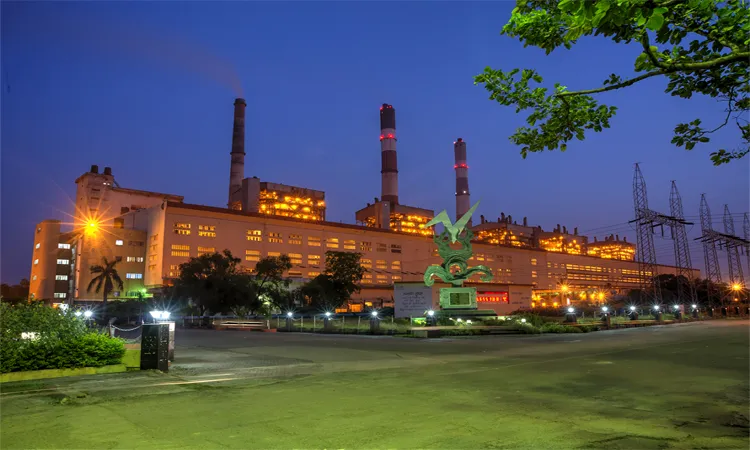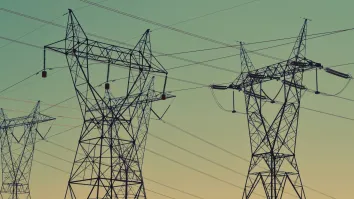
Use of biomass for plants of India's NTPC a ‘bold' move
It follows regulators’ advisory for utilities to enforce a 5-10% biomass blend in their power plants.
India's NTPC will burn biomass to co-fire all its coal-based power plants, local reports said. It will soon launch a tender as part of the procurement of biomass pellets and torrefied biomass pellets or briquettes.
The objective behind the move is to reduce air pollution by creating an alternate market for its large-scale utilisation in power plants. NTPC has already used a 7% blend of biomass for co-firing at its Dadri power plant.
This is also in line with the Central Electricity Authority’s (CEA) advisory to public and private generating utilities to use 5-10% biomass pellets made up of agro residue along with coal.
“NTPC’s decision to implement biomass-based co-firing at all its power stations is a bold move that will help in curtailing air pollution,” said GlobalData power analyst Harminder Singh. “With India cities experiencing significant levels of smog in the winter months, it makes a lot of sense to co-fire this biomass along with coal in the coal-fired power plants.”
The analyst added that using biomass could reduce the coal requirements of these plants and help ease the current pressure on coal-sourcing. As many as 10,500MW of coal-fired power plants have shut down in areas where coal is difficult to deliver as owners have cited a shortage of the resource.
Also read: 10,500MW of Indian power plants close down over ‘coal shortage' woes
According to Singh, NTPC has a total coal-based capacity of more than 40GW and assuming all its power stations use 7% biomass blend, the company itself can utilise 10-12 million tonnes of biomass, which is around one-third of the residue burnt.
However, biomass logistics is a big challenge that has restricted the growth of this industry, the analyst added. “The availability of biomass is localised and the economics of transporting biomass work out only over a certain distance.”
“This would, therefore, work only for power plants located in the vicinity of regions of biomass availability. Furthermore, biomass is spread over multiple farms, making procurement a tough task,” Singh added.
Moreover, the existing power plant infrastructure cannot utilise biomass directly, so it will need to be converted into pellets. Singh said, “Whilst this reduces the transportation cost, the pellet manufacturing industry is not so well-developed in India. However, this can prove to be an opportunity for entrepreneurs looking to enter this industry.”
Another thing to watch out for would be how the regulators would allow tariff increases for power plants that use biomass co-firing. “The commissions will need to allow compensation in the tariff for the increase in cost of generation using pellets, increase in auxiliary power consumption and plant heat rate, etc. If the appropriate compensation is not provided, the power plants will not be incentivised to use biomass,” the analyst concluded.



















 Advertise
Advertise





